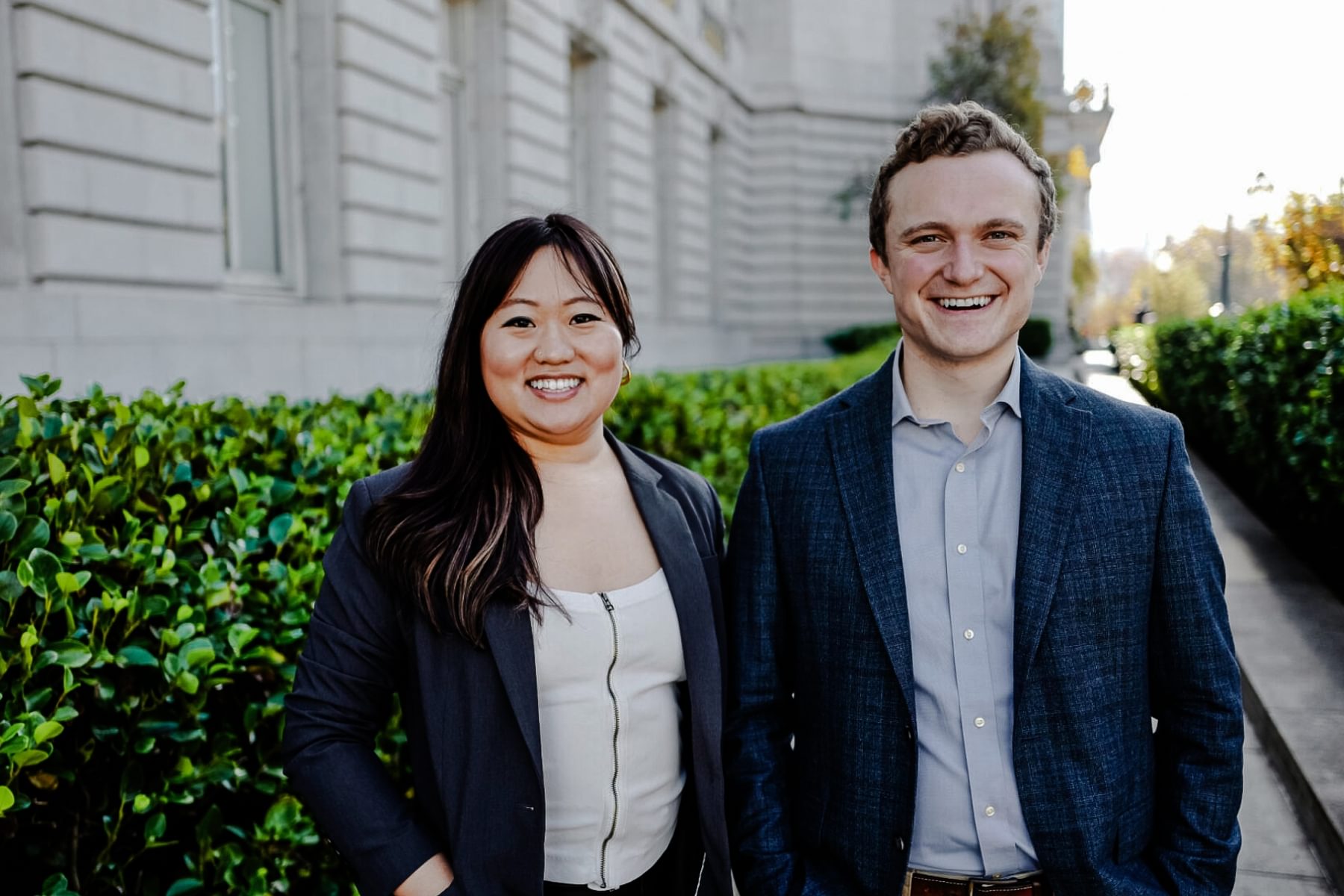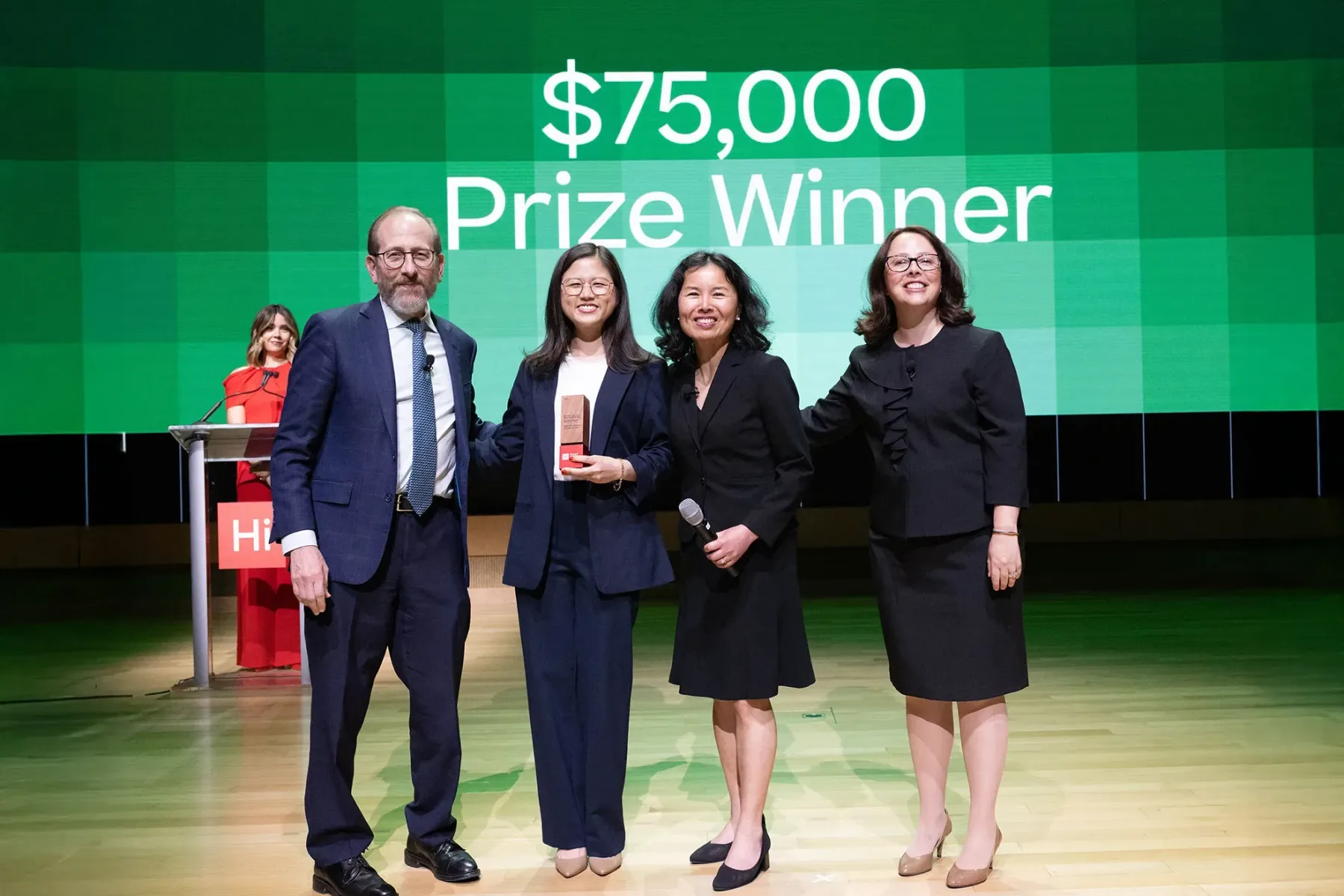Today, the Harvard Innovation Labs and Amazon Web Services (AWS) announced that 25 ventures have been selected to participate in the inaugural NextGen Accelerator, a two-week founder bootcamp for early-stage student founders from Historically Black Colleges and Universities (HBCUs) and universities in Sub-Saharan Africa.
“We are thrilled to welcome student founders from colleges and universities across Ghana, Kenya, Nigeria, Rwanda, South Africa, Tanzania, and the U.S. to Boston,” said Matt Segneri, Bruce and Bridgitt Evans Executive Director of the Harvard Innovation Labs. “These students are working on a wide range of inspirational products and services, and we look forward to seeing all they accomplish both during the NextGen Accelerator and beyond.”
Taking place at the Harvard Innovation Labs in July, founders will engage in daily sessions covering various topics, such as customer discovery, market validation, pitching, fundraising, and leadership skills. The 25 participating ventures have received a grant from The Schultz Family Foundation to cover housing, food, and flight expenses.
As part of their commitment to increase representation of Black and other underrepresented founders in the startup community, AWS will offer $5,000 in AWS credits and access to AWS experts to participants of the NextGen Accelerator. The goal is to help them turbocharge their businesses with the power of the cloud from day one.
The 25 student-led startups selected for the 2023 NextGen Accelerator include:
- Abbey VC (Morgan State University) is a platform that democratizes VC investment for everyone.
- Acceede (Federal University of Technology, Akure) offers a digital and flexible payment provider for quality education.
- AfyaBridge (University of Nairobi) connects users to medical services by providing real-time resource data, providing care access based on proximity, affordability, and availability.
- AlHealthDataXchain (Dillard University) offers healthcare institutions a decentralized health information exchange, designed to improve overall security and privacy of health records.
- AllPeep (Florida A&M University) levels the playing field for the social dilemma by turning brands’ biggest customers into their biggest sellers inside their platform.
- AquaMnara (United States International University) provides water quality monitoring solutions to fish farmers to help them improve their efficiency and increase their productivity.
- bEHR Health Systems (Xavier University of Louisiana) provides real-time health scoring, personalized coaching, and access to resources all in one place.
- Design World (North Carolina A&T State University) is an e-learning platform that allows digital design experts to connect with Black and underrepresented students through an interactive course and mentorship through AR/VR.
- EMU Gaming (Howard University) allows gamers to talk to anyone across any platform through their headsets.
- Ergo (Texas Southern University) is a class task management application that helps individuals and teams organize, prioritize, and complete their tasks more efficiently.
- FeatheryCare (University of Ghana) is an agricultural technology startup using computer vision and robotics to reduce chick mortality rates and improve poultry management during brooding.
- HiQ Africa (African Leadership University) is a data-tech company building a smart and sustainable fast-moving consumer goods market in Africa using market intelligence to address daily inefficiencies.
- Hurupay (Ashesi University) is a mobile wallet that enables African SMEs to accept stable-coin payments from customers to mitigate local currency devaluations.
- LbH LC (University of Ghana) is an agricultural technology startup that connects smallholder farmers to financing, data-driven agronomy services, and premium markets.
- Parksby (University of Nairobi) connects individuals and entities with available parking spaces to those in need, making it easier to find and book parking in crowded urban areas.
- Puno (University of the Witwatersrand) is a fintech solution for African small-scale farmers to crowdsource funds that also provides insurance support and market access.
- Qtech Innovations (Morehouse College) makes, modifies, and creates gaming peripherals (keyboards, mice, and controllers) geared toward competitive gamers.
- Quick Cart (St. Paul’s University) provides grocery delivery to African households within 10 minutes.
- Sabon Sake (Ashesi University) manufactures affordable organic soil boosters and provides regenerative agricultural training for farming communities threatened by the climate crisis.
- Sholla (Jackson State University) makes it easy for Ethiopians living in the U.S. to directly pay bills on behalf of their families in Ethiopia, without the need for intermediaries.
- Simp Now (Morehouse College) is the first social and dating app focused on making people be more authentic and go on more dates.
- SingularityMD (Howard University) is an intelligent virtual medical assistant for primary care that reduces physician burnout by automating clinical notetaking.
- Smartdarasa (University of Dar es Salaam) uses 2D, 3D, and AR technologies to help students understand STEM in an easy, fun, and affordable way.
- Tab App (Prairie View A&M University) simplifies IOUs by automating peer-to-peer payments, making it hassle-free to track and receive money owed.
- Tawi Digital Health (University of Nairobi) builds digital health solutions for people living with non- communicable diseases to enable them to get last-mile care services.





